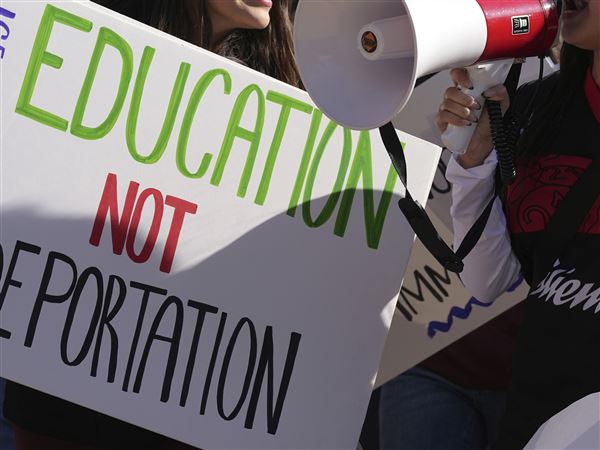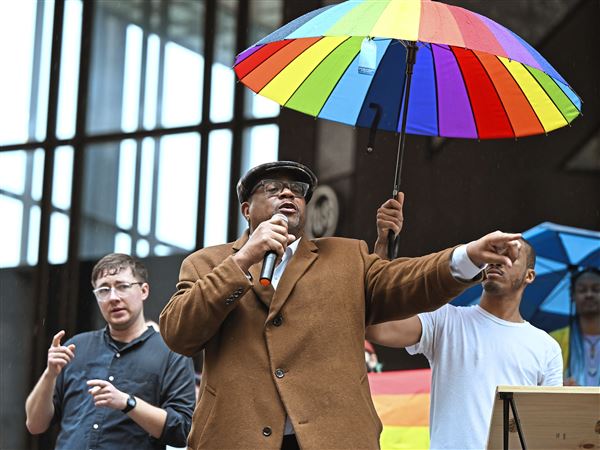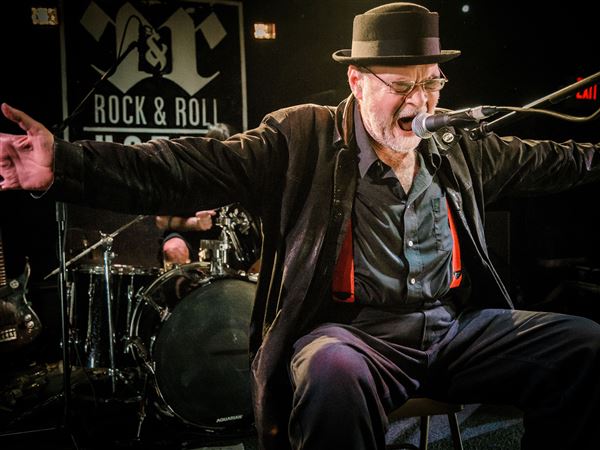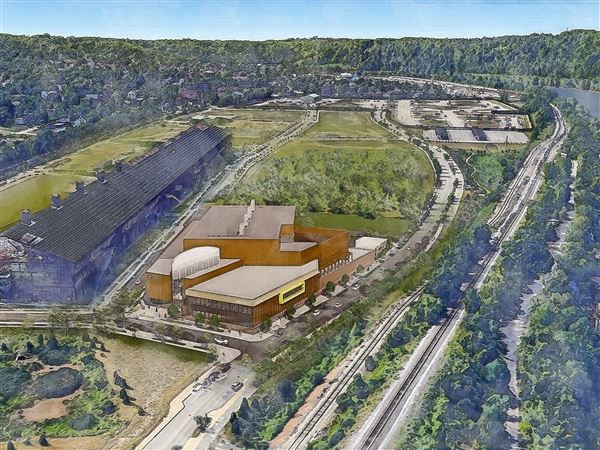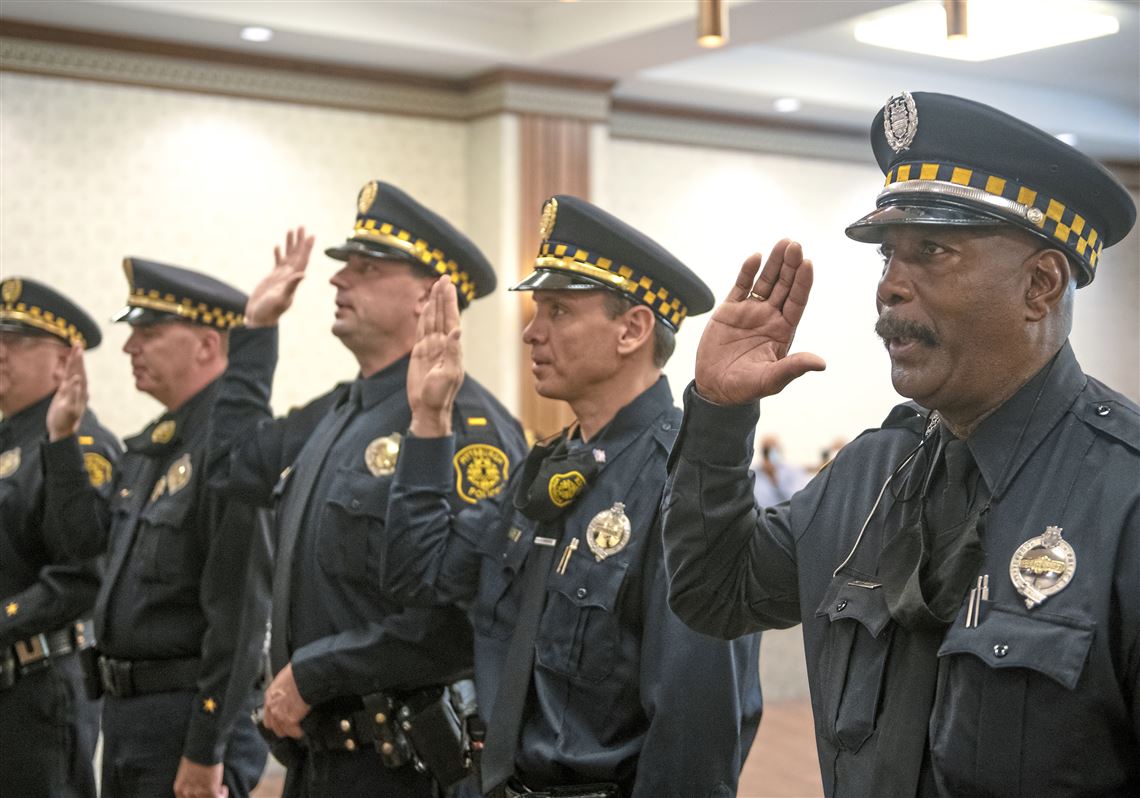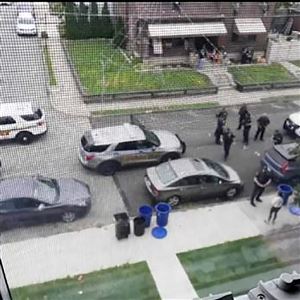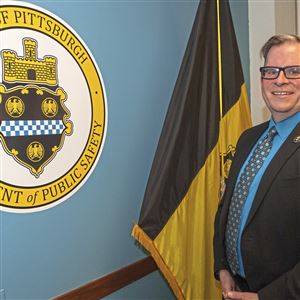In what council members said was an effort to prevent command staff from being penalized for accepting a promotion, Pittsburgh City Council gave raises of more than 11% to the city's top 19 law-enforcement officials in recent months.
The pay raises were first reported by news outlet WESA on Monday and later confirmed by the Pittsburgh Post-Gazette, using salary data and legislative files on the nine-member body’s public portal.
City Council approved the new raises on Feb. 1, giving boosts to 12 commanders, five assistant police chiefs, Pittsburgh’s deputy chief and chief of police.
This was on top of raises already given to top law enforcement brass in the regular 2022 budget.
In total, the salary for commanders went from $108,996 in 2021 to $121,335 this year; $115,535 to $128,615 for assistant chiefs of police; $122,467 to $136,332 for the deputy chief; and $129,816 to $144,512 for the police chief.
WESA reported that City Council briefly discussed the new set of raises in their Jan. 26 standing committee meeting. The archived video confirms this, and in it, Council President Theresa Kail-Smith says the pay raise for commanders was intended to put their salaries at 20% above the salary of lieutenant. Commanders “were definitely underpaid,” she said.
Councilman Anthony Coghill added, in the meeting, that the raises were “well-deserved.”
“You and I know how important this was to our commanders,” Mr. Coghill said. “To go from lieutenant to commander and take a pay cut just didn’t make sense.”
In an interview with the Post-Gazette, Mr. Coghill said commanders aren’t permitted to work overtime — and that taking a pay cut isn’t a good incentive to rise through the ranks.
The raises come as council grapples with changes to the public safety department, prompted by a changing of the guard in the mayor’s office. Mayor Ed Gainey, who took office on Jan. 3, made police-community relations a key pillar of his campaign, frequently alleging that over-policing occurs in neighborhoods of color and insisting that there needs to be a greater focus on community-oriented policing.
Mr. Gainey approved the pay raises on Feb. 2, according to council records.
So far, council hasn’t made any specific changes to the structure of the police bureau, but has passed or pitched reforms targeting how officers do their jobs. The body passed a bill prohibiting officers from pulling over drivers for secondary violations, hoping to cut down on traffic stops that advocates say heighten the risk for negative interactions between police officers and citizens.
Councilman Ricky Burgess recently introduced a bill that, if passed, would mandate police officers to indicate why they’re stopping a pedestrian without a warrant. The councilman has indicated that effort could take some time to discuss and finalize.
The conversations on police reform have sometimes run parallel to discussions about numbers of officers in general.
In his first press conference as mayor, Mr. Gainey said he doesn’t think the police force should be reduced in size.
Mr. Coghill recently warned that the city could lose up to 250 officers who are at retirement age. He said the city didn’t have a police recruit class the last two years and is losing younger officers to other departments.
“That’s my concern. ... It’s about the amount of police officers that we have now and the ones that we’re going to lose … until we get newly trained officers on the street,” Mr. Coghill said at a recent council meeting.
Lee Schmidt, who was confirmed last week as public safety director, said a new police recruiting class is budgeted, and called for a comprehensive community study to be done to determine how many officers are needed.
Julian Routh: jrouth@post-gazette.com; Twitter: @julianrouth
First Published: February 21, 2022, 2:26 p.m.
Updated: February 21, 2022, 4:02 p.m.

